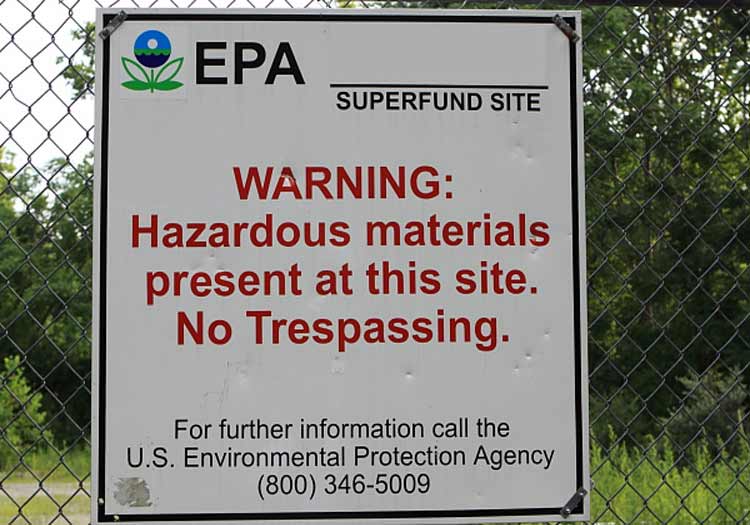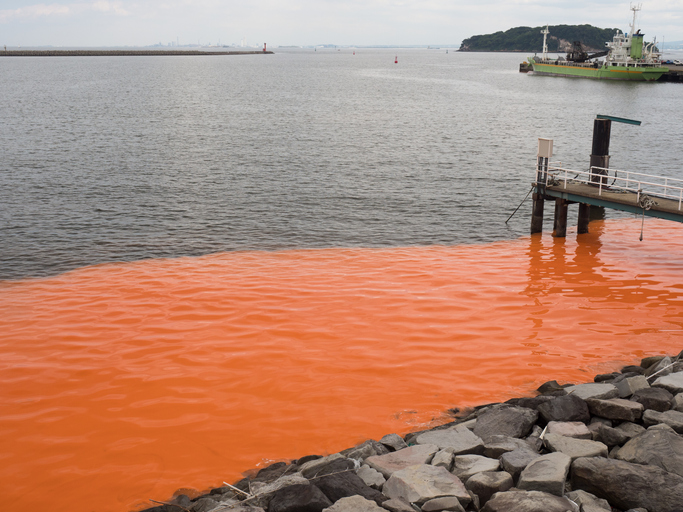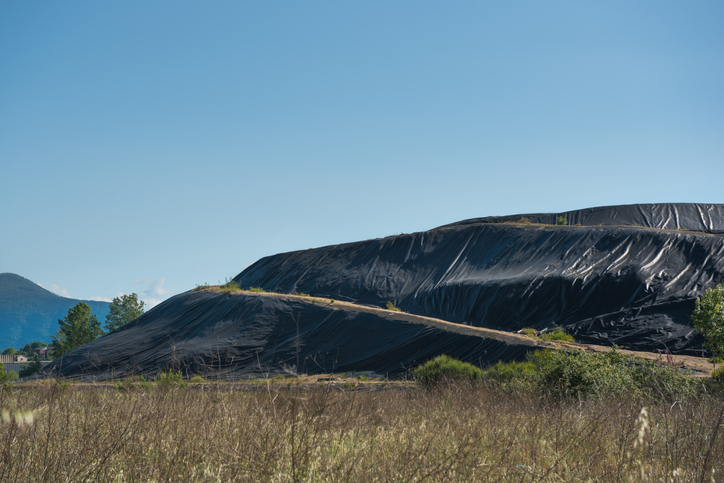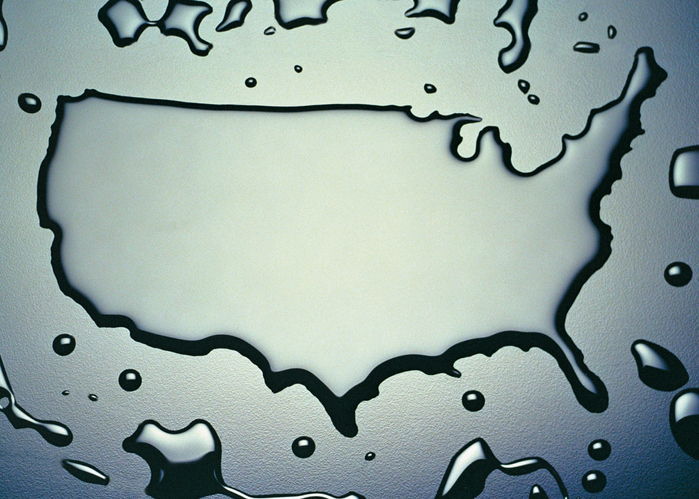On January 1, 2019, the District of Columbia and the State of California became the latest jurisdictions to ban restaurants from offering their customers a plastic straw and other single-use plastics, including coffee stirrers. Seattle and Vancouver have similar straw bans in place and regulations are now proposed or pending in New York City, Miami Beach, Fort Myers, and Monmouth Beach, among others. The straw ban movement has expanded beyond the U.S. and Canada; the United Kingdom proposed a ban on selling plastic straws, stirrers …
Continue Reading









